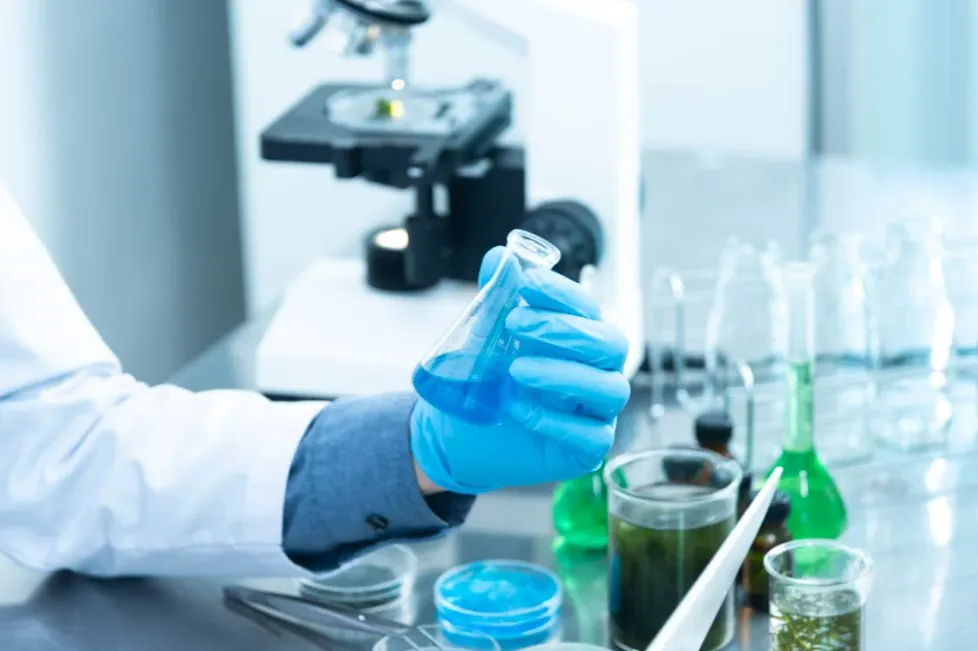Pharmaceutical manufacturing safety is an important factor when it comes to manufacturing medications that are of high quality and safe to consume. It’s all about preventing contamination, ensuring correct doses, and maintaining active ingredients.
However, you may come across some serious problems when these safety measures get compromised. People could suffer from health issues like allergic reactions, organ failure, or even chronic health problems. Harvard Health report states that 6% of medication recalls in 2022 were labeled as Class 1, dangerous to the public’s health.
Let us dive in deep to understand how pharmaceutical manufacturing safety positively affects public health.
Importance of Safe Pharmaceutical Manufacturing
Pharmaceutical manufacturing is a detailed procedure that starts from purchasing raw materials to the final product distribution. Throughout these stages, there are various risks involved. If something goes wrong, then the product quality gets negatively impacted along with the patient’s health.
Speaking of risks, it could be wrong handling of raw materials, composition errors, packaging errors, etc. Research reveals that spills, lapses in memory, poor skills, or lack of knowledge usually lead to mistakes in pharmaceutical labs. We need to have strict safety measures throughout the manufacturing process to avoid these potential mistakes.
Even a small deviation in quality control can have a serious impact on the patients who are going to consume medicines.
Therefore, it is important to follow good manufacturing practices (GMP) to maintain high standards. GMP is a complete set of guidelines and regulations that dictate the manufacturing process.
A report by Pharmacia shows that a total of 1458 pharmaceutical companies were found to be non-compliant with GMP. Among these companies, 544 (37%) had major shortcomings and 127 (9%) had critical issues.
These guidelines cover everything right from workplace cleanliness and equipment maintenance to staff training and documentation. This way the quality of pharmaceutical products can be consistently maintained.
Impact of Pharmaceutical Manufacturing Safety on Public Health
Strong chemicals are commonly used when manufacturing medicines. These harmful chemicals can spread through air, water, or by incorrect disposal and come in contact with humans. This is where safe handling practices become important.
Worker safety is another important factor when it comes to pharmaceutical manufacturing in facilities. These workers may inhale toxic gases or come in contact with chemicals that could catch fire or are cancer-causing substances. Therefore, proper ventilation and safe storage practices must be followed to reduce the risk of exposure.
Similarly, the workers face exposure to biological materials like bacteria or viruses that are used for manufacturing drugs. In situations like these, following strict protocols like using proper personal protective equipment (PPE) becomes crucial.
Just to give you some context, let us suppose there is a pharmaceutical plant in St. Louis. Here, workers are put under pressure to meet their daily targets. So what could be the potential outcome?
The workers would feel overwhelmed and fatigued, and they could take a shortcut by compromising on product quality. This will further expose consumers to unsafe medications and in turn, have to compromise their health.
Recently, several employees from various sectors in the St. Louis region expressed concerns regarding injury management at their workplaces. Amazon staff, nurses, and workers’ rights activists raised their voices against poor response to workplace injuries. According to them, meeting targets usually leads to unsafe working conditions, where injuries aren’t properly addressed.
Wendy Taylor, an Amazon employee, claimed she was forced back to work after injuries, causing her long-term health problems. Similarly, nurses in St. Louis talked about working through pain due to staff shortages, which affected their work.
These environments compromise workers’ health and safety, causing broader health problems. When injured workers aren’t treated right, they fail to perform their duties effectively. Negligence like this often affects consumers too, who suffer from low-quality medications made under stressful conditions.
In such scenarios, getting in touch with a qualified personal injury lawyer becomes important. According to TorHoerman Law, an experienced personal injury lawyer can negotiate a settlement that covers more than just your medical bills. These legal professionals advocate for the victim and hold the pharmaceutical companies accountable for their negligence.
Thus, if you’re one of those victims living in St. Louis, contacting St. Louis personal injury lawyers for advice would be ideal.
Ensuring Safety in Pharmaceutical Manufacturing
Regulatory bodies like the FDA play a vital role in mandating safety standards within the pharmaceutical industry. They set current good manufacturing practices (CCMP). These are detailed guidelines that outline the minimum requirements for manufacturing, processing, and packaging drugs.
The outline covers various aspects like,
- Facility design and maintenance
- Equipment and process controls
- Quality checks
- Material handling and storage
- Documentation and record-keeping
The other important factor when it comes to ensuring safety in pharmaceutical manufacturing is the inclusion of thorough training programs. These programs help workers to stick to safety protocols.
Strict protocols include operating in germ-free environments with sanitized equipment to prevent contamination. In addition, rigorous quality control procedures are followed at every stage of production. This procedure ensures medications are safe and effective.
In simple terms, prioritizing production speed over the end product quality can lead to serious consequences. This is where the FDA plays a major role in safeguarding public health.
It sets standards, inspects manufacturing units, and monitors post-market medications. Understanding these measures can help patients feel more confident about drug safety and effectiveness.
